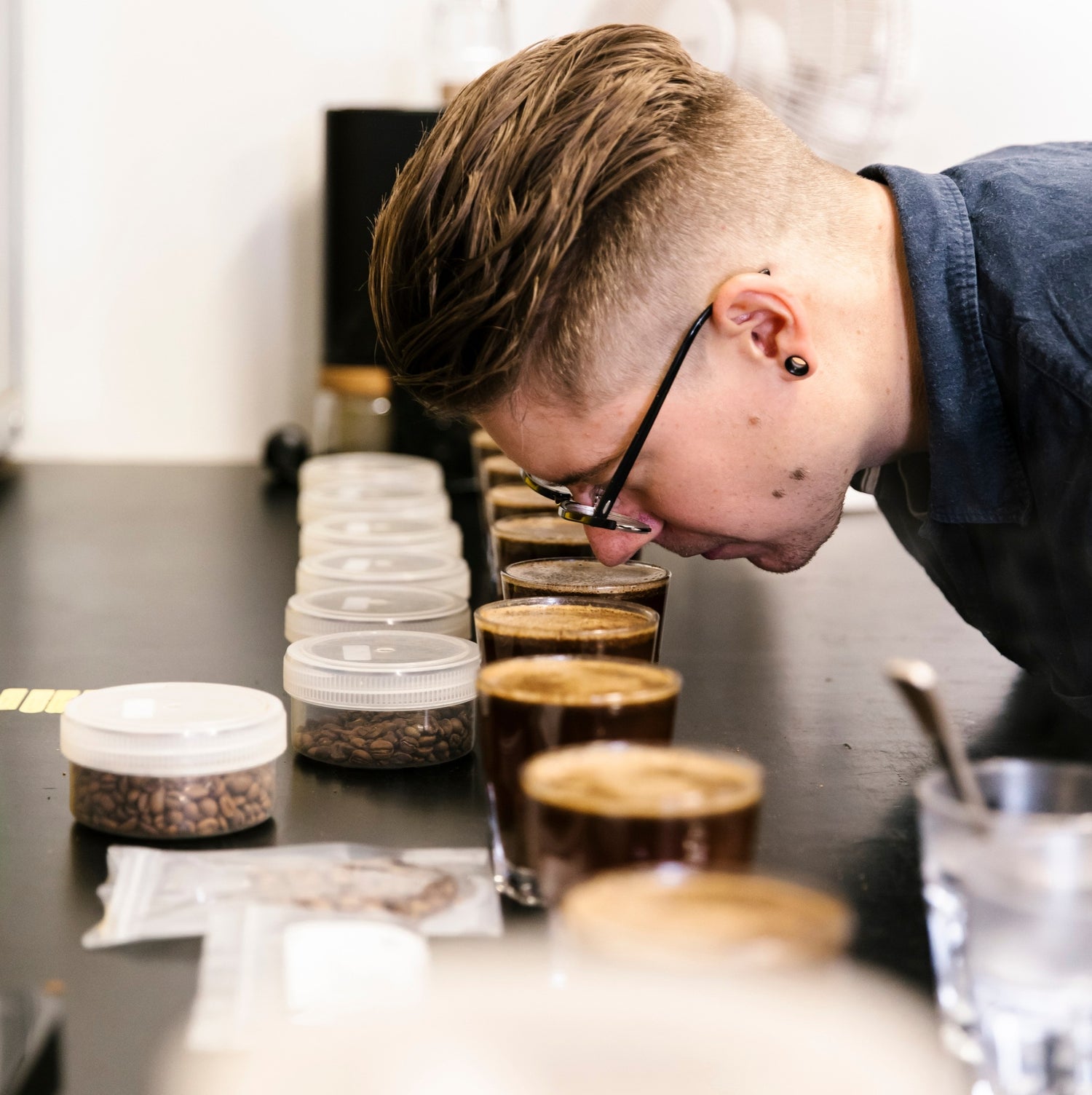
-
Coffee Profile
Roast Type Filter
Roast Level
Filter
Roast Level



 LightFeatures
LightFeatures Single Origin
Single Origin
 Best served Black
Best served Black
-
Brewing Guide
Methods recommended




 Brewing recipe for Espresso
Brewing recipe for Espresso1 : 2.5
brew ratio
25g
ground coffee
50g
brewed coffee
26s
brewing time
93°C
brewing temperature
Use pre-infusion, lowering pump pressures to 6-7 bar and using Weiss Distribution Technique (WDT).
Source: Monastery Coffee -
Tasting Guide
Taste Profile Balanced & Aromatic
Tasting Notes
Balanced & Aromatic
Tasting NotesBlueberry, Milk Chocolate, Baileys


